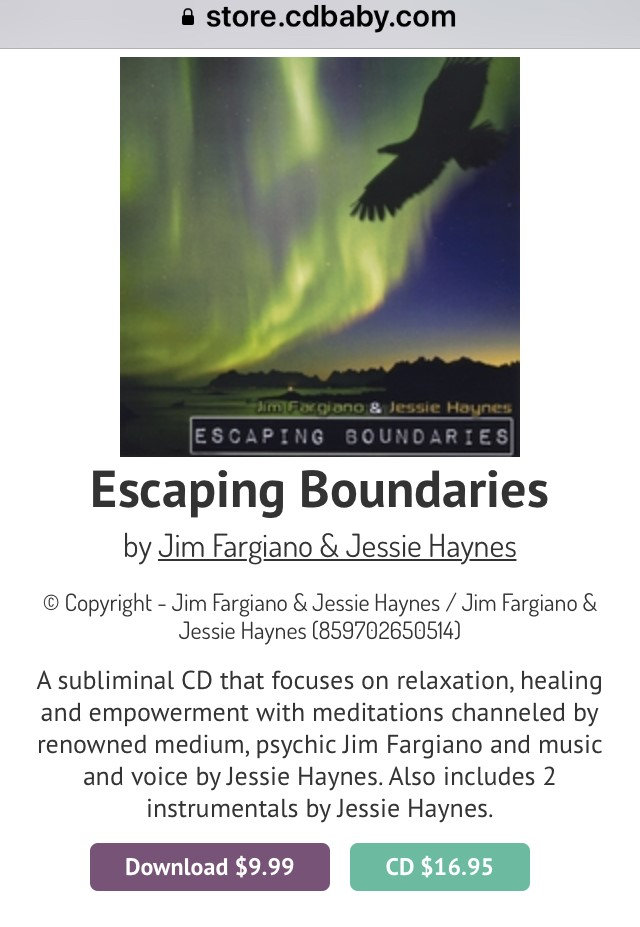The Ultimate Guide To Escaping To The Country

Table of Contents
Planning Your Country Escape: Location, Location, Location
Choosing the right location is paramount when escaping to the country. Finding the perfect spot requires careful consideration of several crucial factors that will directly impact your quality of life in your new rural setting. A thorough rural property search should encompass the following:
-
Proximity to Amenities: While the charm of the countryside lies in its tranquility, you'll still need access to essential services. Consider the proximity of shops, hospitals, schools, and other amenities. Striking the right balance between rural tranquility and convenient access to necessities is key. A longer commute might be acceptable if you value a more secluded setting.
-
Commute Considerations: If working remotely isn't an option, carefully analyze commute times and transportation options. Rural areas often have limited public transport, so owning a car is usually essential. Factor in the distance to your workplace and the condition of the roads, especially during winter months.
-
Community and Social Life: Research the local community to determine if it aligns with your lifestyle. Visit local pubs, attend community events, and speak with residents to get a feel for the social scene. A strong sense of community can be incredibly rewarding in rural areas, but finding a community that suits your personality is vital.
-
Budget and Property Prices: Property prices and the overall cost of living vary significantly across different rural areas. Thoroughly research the cost of living, including property taxes, utility bills, and other expenses, to ensure your budget aligns with your chosen location.
-
Specific Location Examples: The ideal location will depend on your individual preferences and priorities. Research specific regions known for their rural charm; for instance, the Cotswolds in England, Tuscany in Italy, or the Loire Valley in France, each offering a unique countryside experience.
Financing Your Country Dream: Securing the Right Mortgage
Securing the right mortgage is a crucial step in financing your country escape. Rural properties often present unique challenges compared to urban properties, requiring careful consideration of various financing options.
-
Types of Mortgages: Explore different mortgage options available, such as conventional loans and rural development loans, which may offer specialized programs for rural property purchases. Speak with a mortgage lender specializing in rural properties to understand your eligibility for different programs and loan terms.
-
Down Payment Requirements: Down payment requirements can vary depending on the lender and the type of mortgage. Rural properties may require a larger down payment compared to urban properties. Saving enough for a substantial down payment will enhance your chances of securing favorable loan terms.
-
Interest Rates and Loan Terms: Interest rates and loan terms are influenced by various factors, including your credit score, the type of mortgage, and the property's location and condition. Shop around and compare offers from different lenders to obtain the best possible rate and terms.
-
Working with a Mortgage Broker: A specialized mortgage broker can be invaluable in navigating the complexities of rural financing. They have access to a broader range of lenders and can help you find the most suitable mortgage for your specific needs and circumstances.
Embracing Countryside Living: Practical Considerations
While the romantic notion of escaping to the country is appealing, it's essential to address the practical aspects of rural life. Adapting to a rural lifestyle involves understanding and preparing for several challenges:
-
Utilities and Infrastructure: Internet access, electricity, water, and waste disposal can be more challenging in rural areas compared to urban settings. Investigate the availability and reliability of these utilities before committing to a property. High-speed internet may be limited in some areas, which could impact remote working.
-
Home Maintenance: Rural properties often require more extensive maintenance than urban homes. Factor in the costs of maintaining larger gardens, fences, outbuildings, and potential repairs to older structures. Understanding your DIY capabilities or the availability of local tradespeople is crucial.
-
Transportation: Transportation options in rural areas are often limited. Owning a car is typically a necessity. Consider the condition of local roads, especially during winter, and the distance to nearby towns and cities.
-
Community Involvement: Participating in local community activities is a fantastic way to integrate into your new surroundings. Get involved with local clubs, events, and volunteer organizations to build connections and foster a sense of belonging.
-
Local Services and Tradespeople: Finding reliable local tradespeople and service providers might require some research and networking. Building relationships with local professionals will prove beneficial for maintenance and repairs.
Finding Your Perfect Country Home: Types of Rural Properties
The countryside offers a diverse range of charming property types, each with its own unique characteristics and appeal. Choosing the right property requires careful consideration of your needs and lifestyle:
-
Traditional Country Houses: These classic homes often feature period details, spacious grounds, and a sense of history. They offer ample space but usually demand significant maintenance.
-
Cottages: Charming and cozy, cottages offer a more manageable size and lower maintenance compared to larger properties. They are ideal for those seeking a simpler and more intimate country lifestyle.
-
Farmhouses: These properties offer a blend of rustic charm and practicality, often with ample land and outbuildings. They can be ideal for those interested in self-sufficiency or pursuing rural hobbies.
-
Barn Conversions: Converting old barns into homes offers a unique opportunity to create a stylish and modern living space while preserving rural heritage. However, this often involves significant investment and careful planning.
-
Considerations for Different Property Types: Consider factors like the size of the property, the amount of land, the condition of the structure, and the proximity to amenities when choosing the right type of rural property.
Conclusion
Escaping to the country requires careful planning and preparation. This guide has covered the essential steps, from researching and selecting the perfect location and securing the right financing to understanding the practicalities of countryside living and choosing the ideal rural property. Remember, embracing the challenges and appreciating the rewards of rural life are key to a successful transition. Start your country escape today! Find your perfect rural retreat now and make your dream of countryside living a reality! [Link to a relevant rural property search website]

Featured Posts
-
 Bardellas Presidential Bid A Contender Among The Crowd
May 24, 2025
Bardellas Presidential Bid A Contender Among The Crowd
May 24, 2025 -
 Horoscopo Semanal Del 1 Al 7 De Abril De 2025 Para Todos Los Signos Zodiacales
May 24, 2025
Horoscopo Semanal Del 1 Al 7 De Abril De 2025 Para Todos Los Signos Zodiacales
May 24, 2025 -
 Planning Your Memorial Day 2025 In Michigan What To Expect
May 24, 2025
Planning Your Memorial Day 2025 In Michigan What To Expect
May 24, 2025 -
 Bangkok Post Ferrari Opens Flagship Facility
May 24, 2025
Bangkok Post Ferrari Opens Flagship Facility
May 24, 2025 -
 Ronan Farrow And Mia Farrow A Potential Showbiz Return
May 24, 2025
Ronan Farrow And Mia Farrow A Potential Showbiz Return
May 24, 2025
